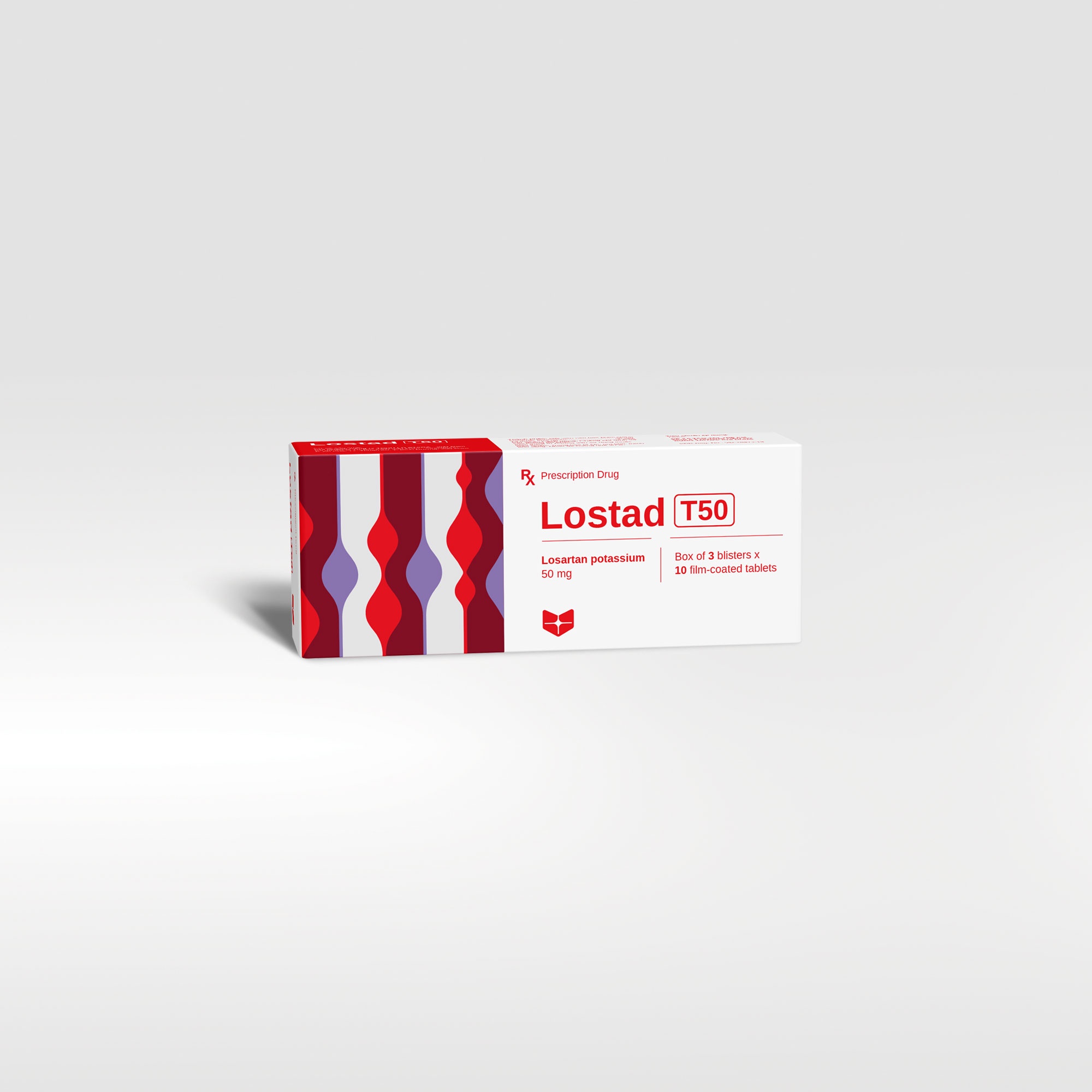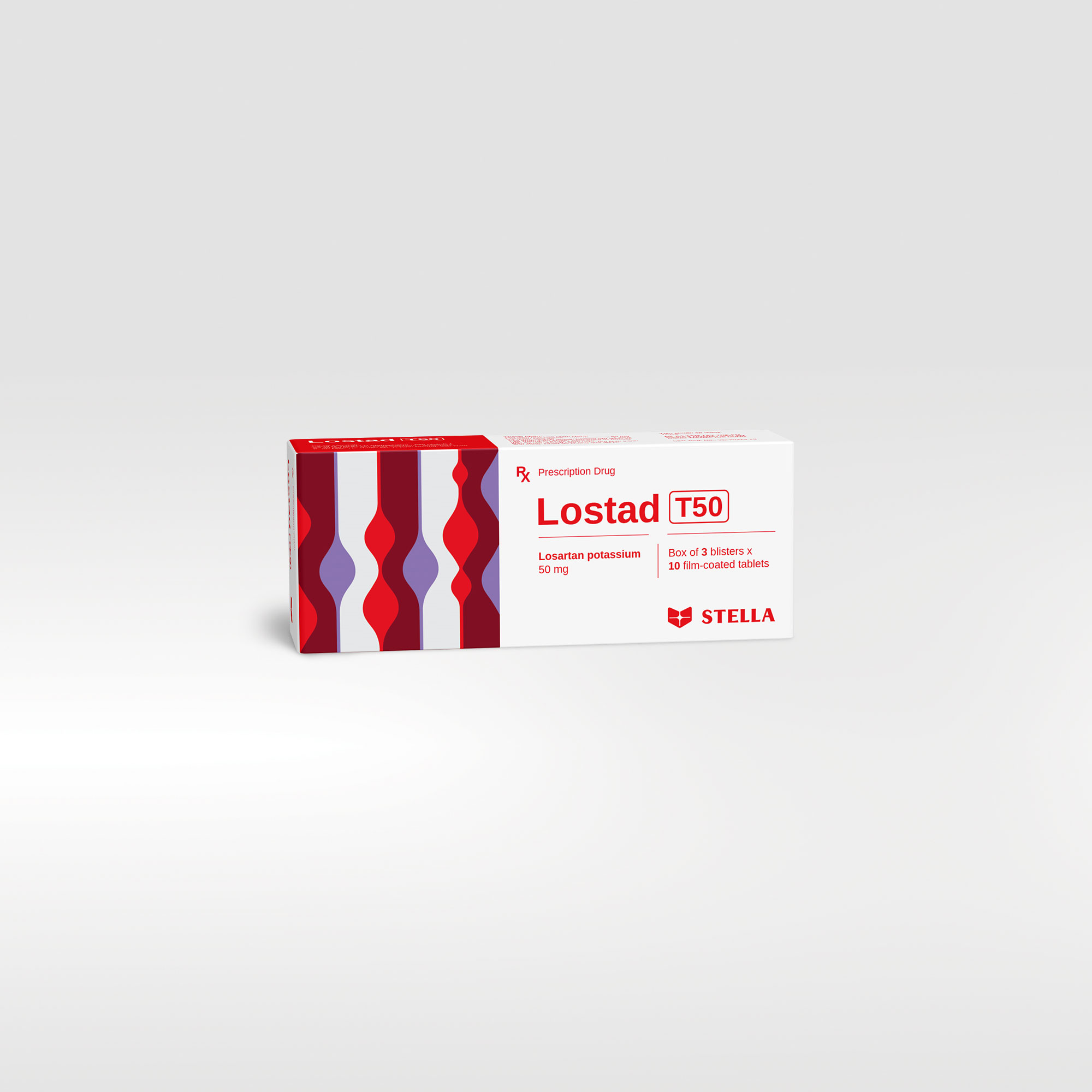When used in pregnancy during the second and third trimesters, drugs that act directly on the renin-angiotensin system can cause injury and even death to the developing fetus. When pregnancy is detected, losartan should be discontinued as soon as possible.
Because of the potential for adverse effects on the nursing infant, a decision should be made whether discontinue nursing or discontinue the drug, taking into account the importance of the drug to the mother.
When driving vehicles or operating machinery it must be borne in mind that dizziness or drowsiness may occasionally occur when taking antihypertensive therapy, in particular during initiation of treatment or when the dose increased.
Losartan should be used with caution in patients with renal artery stenosis.
The reduced doses may be required in patients with renal impairment and should be considered in patients with hepatic impairment.
Patients with volume depletion (for examples those who have received high-dose diuretic therapy) may experience hypotension; volume depletion should be corrected before starting therapy, or a low initial dose should be used.
Since hyperkalaemia may occur, serum-potassium concentrations should be monitored, especially in the elderly and patients with renal impairment, and the concomitant use of potassium-sparing diuretics should generally be avoided.
Lostad T50 contains lactose. Patients with rare hereditary problems of galactose intolerance, total lactase deficiency or glucose-galactose malabsorption should not take this medicine.















